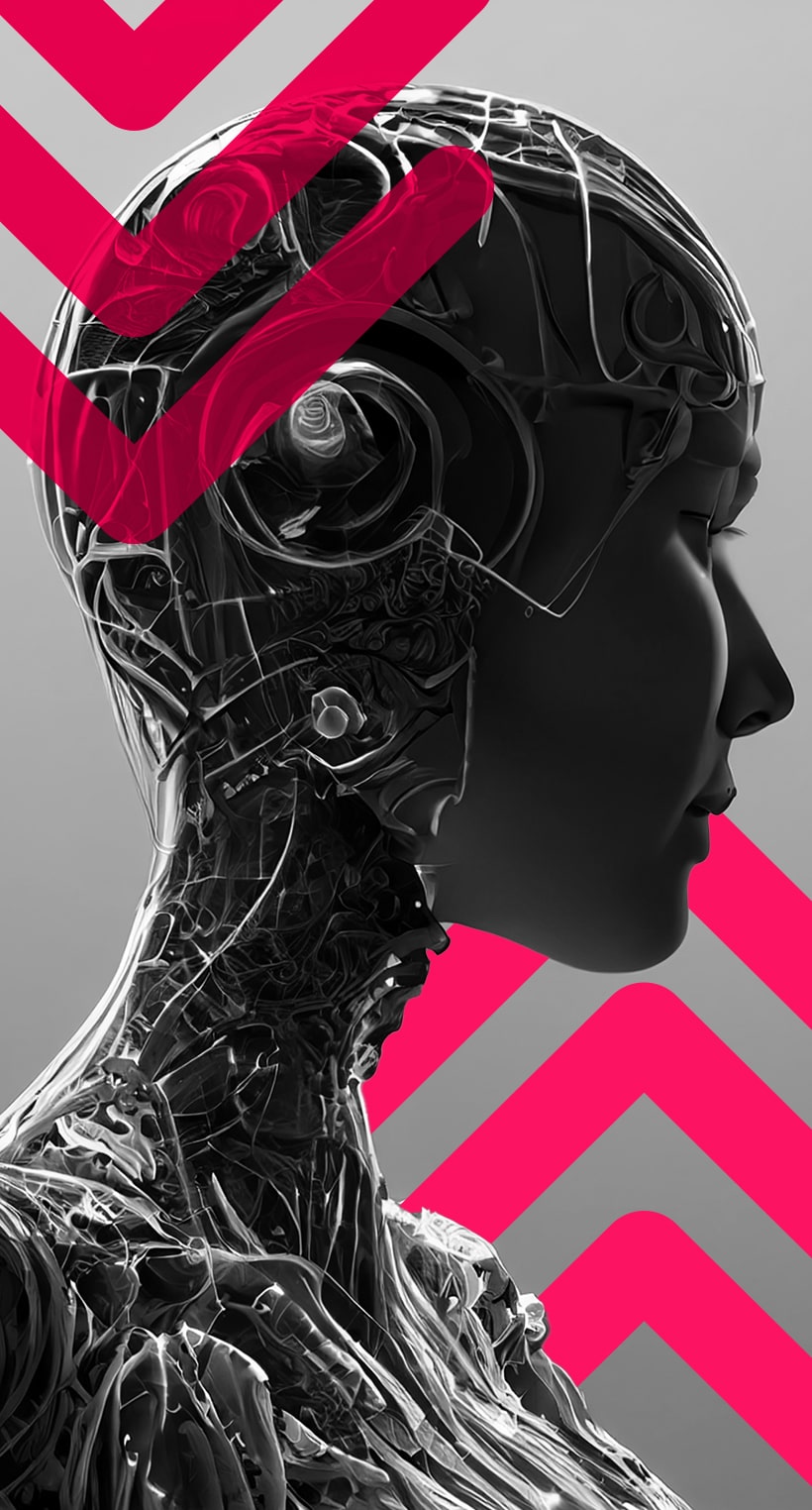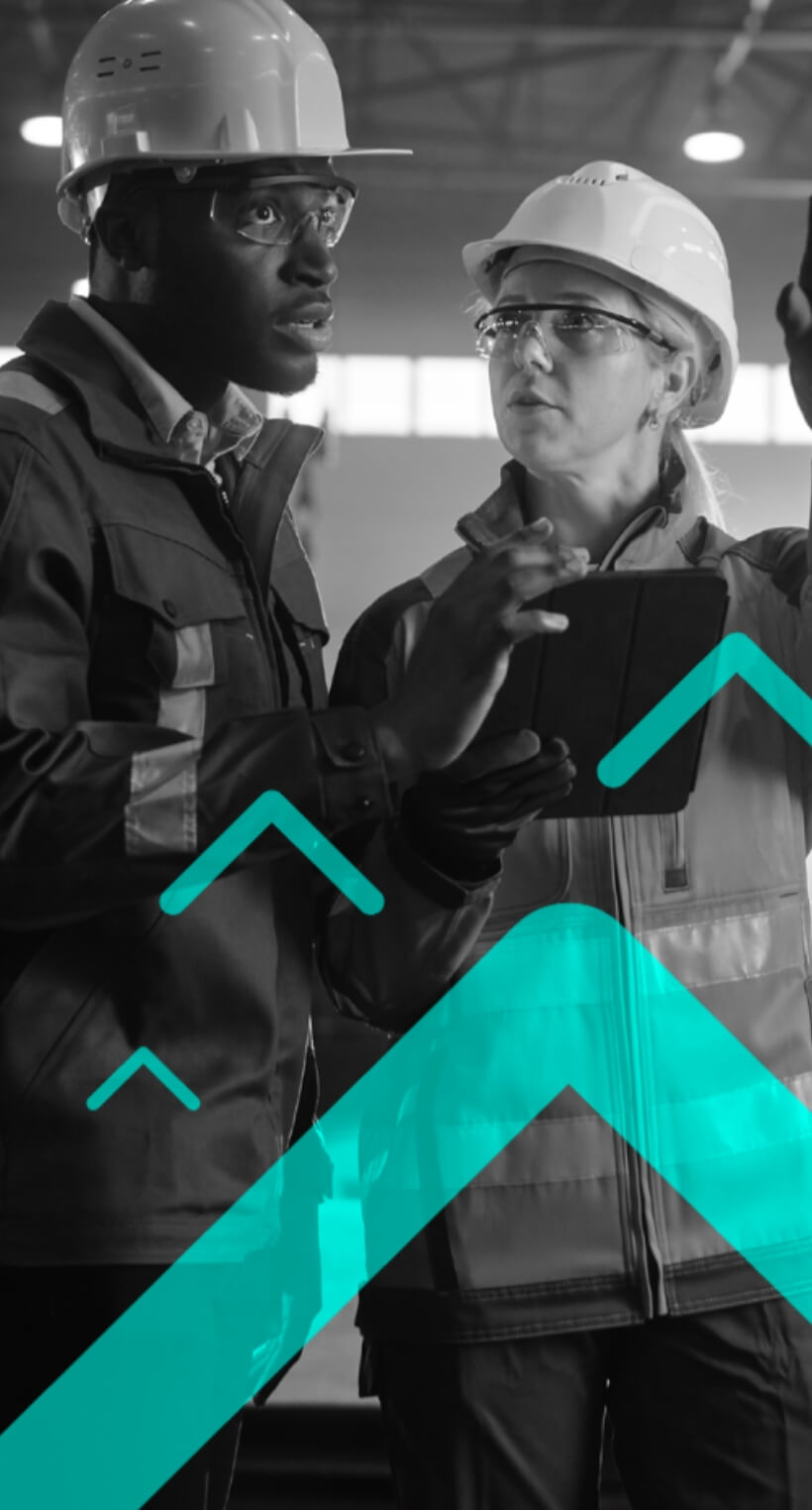The intersection of artificial intelligence (AI) and robotics has ushered in a revolutionary era, transforming the way we approach and interact with technology. As AI continues to advance, its influence on the field of robotics has become increasingly profound, opening up new realms of possibility while also raising critical ethical considerations.
Introduction to AI and Robotics
Artificial intelligence, the ability of machines to exhibit human-like cognitive capabilities, has been a subject of fascination and exploration for decades. From the early days of rule-based systems to the recent advancements in deep learning and neural networks, AI has come a long way in its quest to mimic human intelligence. Robotics, on the other hand, is the field that focuses on the design, construction, and operation of machines capable of performing physical tasks.
The convergence of AI and robotics has created a symbiotic relationship, where each field enhances the capabilities of the other. AI provides the cognitive capabilities that enable robots to perceive, learn, and make decisions, while robotics provides the physical embodiment and actuation necessary to translate these cognitive abilities into tangible actions.
The Revolution of AI in Robotics
The integration of AI into robotics has sparked a revolution, transforming the way we approach and interact with machines. From industrial automation to personal assistants, the impact of this synergy can be felt across a wide range of industries and applications.
One of the most significant advancements has been in the realm of autonomous systems. AI-powered robots are now capable of navigating complex environments, making decisions based on real-time data, and adapting to changing circumstances. This has led to the development of self-driving cars, autonomous drones, and robotic surgical systems, among other innovative applications.
Furthermore, AI has enhanced the ability of robots to perceive and understand their surroundings. Computer vision and natural language processing algorithms have enabled robots to interpret visual and auditory cues, allowing them to interact with humans and their environments in more natural and intuitive ways.
Positive Impacts of AI in Robotics
The integration of AI in robotics has brought about numerous positive impacts, transforming various industries and improving the quality of life for many.
- Increased Efficiency and Productivity: AI-powered robots can work tirelessly, without the need for breaks or rest, leading to enhanced productivity and efficiency in industrial and manufacturing settings.
- Improved Safety: Robots can be deployed in hazardous or dangerous environments, reducing the risk of human injury or exposure to harmful conditions.
- Enhanced Precision and Accuracy: AI algorithms enable robots to perform tasks with a high degree of precision and accuracy, which is particularly valuable in fields such as surgery, engineering, and scientific research.
- Assistive Technologies: AI-powered robots are being developed to assist individuals with disabilities, the elderly, and those in need of care, enhancing their quality of life and independence.
- Exploration and Discovery: Autonomous robotic systems are being used to explore and study remote or inaccessible environments, such as the depths of the ocean or the surface of other planets, leading to new scientific discoveries.
Negative Impacts of AI in Robotics
While the integration of AI in robotics has brought about many positive advancements, it has also introduced some potential negative impacts that must be carefully considered.
- Job Displacement: The automation of tasks through AI-powered robots has the potential to displace human workers, leading to concerns about job security and the need for workforce retraining and adaptation.
- Bias and Discrimination: AI algorithms can inherit and amplify biases present in the data used to train them, leading to discriminatory outcomes in areas such as hiring, lending, and criminal justice.
- Lack of Transparency and Accountability: The complexity of AI systems can make it challenging to understand the decision-making processes, which can raise concerns about transparency and accountability, particularly in high-stakes applications.
- Cybersecurity Risks: AI-powered robots, like any connected device, are vulnerable to cyber attacks, which can lead to data breaches, system malfunctions, and even physical harm.
- Ethical Dilemmas: The integration of AI in robotics raises complex ethical questions, such as the allocation of responsibility in the event of accidents or malfunctions, the use of autonomous weapons, and the potential for AI-powered robots to make decisions that have significant moral implications.
Ethical Concerns with AI in Robotics
As the influence of AI in robotics continues to grow, a range of ethical concerns have emerged that demand careful consideration and responsible decision-making.
- Accountability and Liability: When AI-powered robots make decisions that lead to harm or unintended consequences, the question of who is responsible – the robot, the manufacturer, the programmer, or the user – becomes a critical issue.
- Privacy and Data Security: The collection and use of data by AI-powered robots, particularly in areas such as personal assistants and surveillance systems, raise concerns about individual privacy and the potential for misuse or exploitation of sensitive information.
- Algorithmic Bias: The algorithms that power AI-powered robots can perpetuate and amplify societal biases, leading to discriminatory outcomes and the perpetuation of unfair practices.
- Autonomous Weapons: The development of AI-powered autonomous weapons systems has sparked intense debate, with concerns about the ethical implications of machines making life-or-death decisions.
- Human-Robot Interaction: As AI-powered robots become more lifelike and capable of engaging in natural interactions, there are concerns about the potential for emotional attachment and the blurring of boundaries between humans and machines.
Balancing Progress and Ethical Considerations
Navigating the intersection of AI and robotics requires a delicate balance between embracing the transformative potential of these technologies and addressing the ethical implications that arise.
Policymakers, industry leaders, and the scientific community must work collaboratively to develop robust governance frameworks, ethical guidelines, and regulatory mechanisms that ensure the responsible development and deployment of AI-powered robotics. This includes establishing clear lines of accountability, implementing robust data privacy and security measures, and promoting transparency in the decision-making processes of AI systems.
At the same time, ongoing research and development in AI and robotics must be accompanied by a deep commitment to ethical considerations. Designers, engineers, and researchers must actively incorporate ethical principles into the design and deployment of AI-powered robots, prioritising the well-being of individuals and society as a whole.
Conclusion
The integration of AI in robotics has ushered in a new era of technological advancement, transforming industries, enhancing human capabilities, and opening up new realms of possibility. However, this revolution also comes with a range of ethical concerns that must be carefully addressed to ensure the responsible development and deployment of these technologies.
By striking a balance between embracing the positive impacts of AI-powered robotics and addressing the ethical implications, we can harness the transformative potential of these technologies while safeguarding the well-being of individuals and society as a whole. As we continue to push the boundaries of what is possible, it is crucial that we do so with a steadfast commitment to ethical principles and the responsible stewardship of these powerful tools.
;)
;)
;)